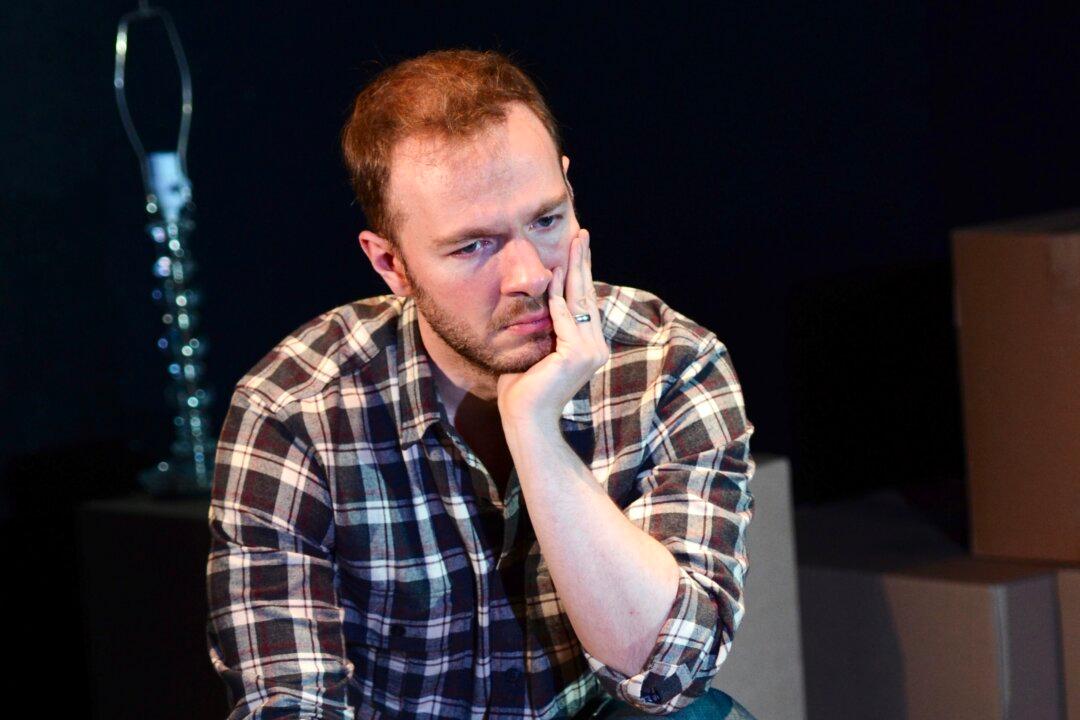NEW YORK—While many people may not know what they have until it’s gone—to paraphrase a song by Joni Mitchell—there are others who know exactly what they’ve got and how lucky they are to have it. In these cases, a loss can be much more terrible when it happens. Toni Press-Coffman examines this kind of loss in her powerful drama “Touch,” as presented by Libra Theater Company at 59E59 Theaters.
As the story begins, Kyle (Peter McElligott), a man in his mid-20s, is packing up boxes in the apartment he shared with his wife, Zoe. She was quite simply the love of his life.
Everyone deals with grief differently.





